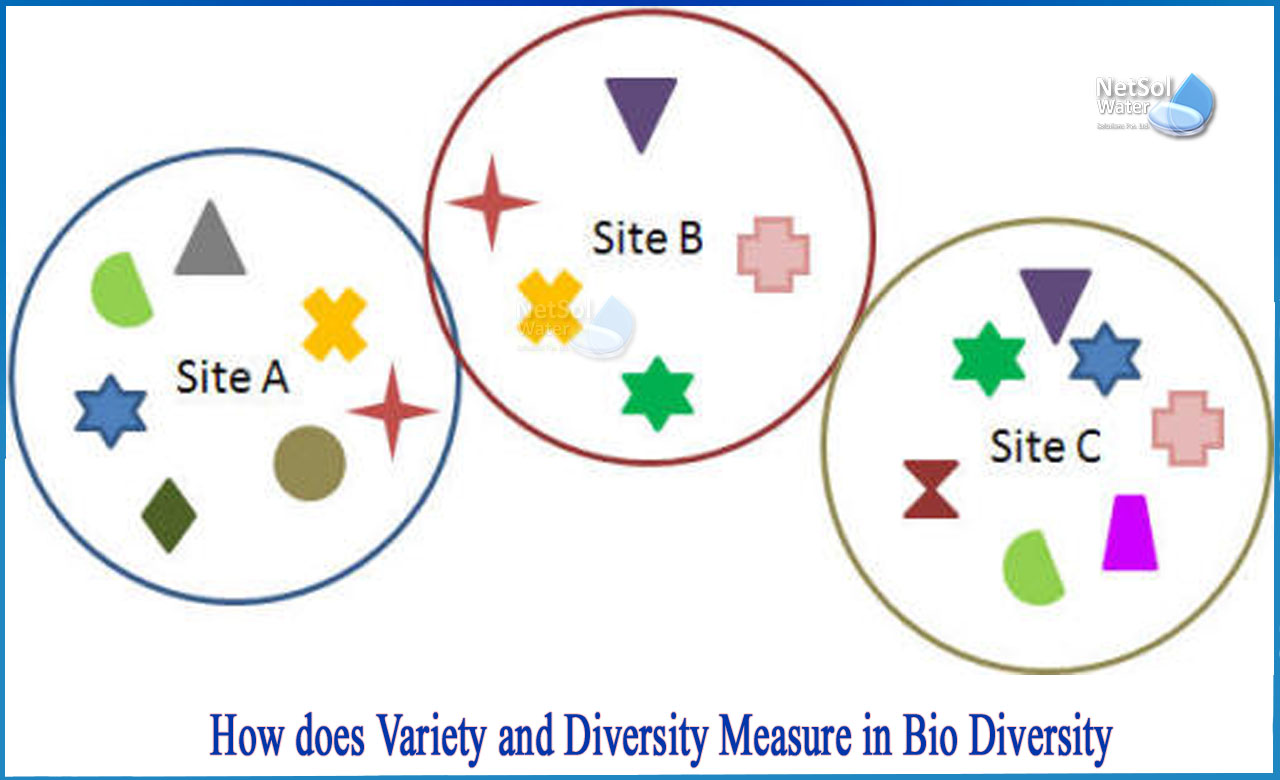Overview
The new word "biodiversity" offered additional issues, notably from the viewpoints of ecology and ecosystems. The word "biodiversity" was defined using two concepts, "variability" and "diversity," which have numerous interpretations:
The diversity of living species from all habitats, including terrestrial, marine, and other aquatic ecosystems, as well as the ecological complexes of which they are a part. Variation in genetic, phenotypic, phylogenetic, and functional features, as well as changes in abundance and distribution through time and place within and among species, biological communities, and ecosystems, are all examples of this.
The definition's ambiguous, open-ended phrase "diversity" might be construed as any of a number of ecological diversity indexes.
What is “species”?
Consequently, "species" correspond to only one type of "unit" of variation (with various species corresponding to different "units"), and regions are only one type of "object."
Biodiversity assessment takes into account a wide variety of these potential decision-making objects, including not just places, but also species, populations, and other entities. Biodiversity may thus be measured in general as the number of distinct units represented by a given set of items. Species/traits (or characteristics) and species' populations/genetic variations are examples of other object/unit combinations.
One of the framework's strengths is that it handles the reality that many of the "units" are unknown and so cannot be tallied. Many species are still unknown to science, as are many of their characteristics. We may directly see certain items (say, species) and want to estimate the amount of unobserved units (say, characteristics) that those objects represent.As a result, the relative number of units for every item or collection of objects must be calculated using an inferential model or a surrogate of some type.
How does variety and diversity measure in bio diversity?
The measurement of diversity and the diversity of species have long piqued the curiosity of ecologists and natural resource managers.
Diversity is diversity, and at its most basic level, it is counting or cataloguing species. Biological communities differ in terms of the number of species present (richness) and the relative abundance of these species (evenness). Species richness, as a standalone metric, does not account for the number of individuals of each species present. It provides the same weight to species with a small number of individuals as it does to species with a large number of individuals.
Thus, a single yellow birch has the same impact on an area's richness as 100 sugar maple trees.
What does “evenness” measure?
Evenness is a measure of the relative abundance of the various species that comprise an area's richness.A diversity index is a quantitative statistic that indicates the number of various species and the degree to which individuals are dispersed equally across those species. The value of a variety index often improves as the number of categories and evenness grow.
Measurement becomes more difficult as features get more diverse. Not only do we not know the future worth of many qualities in general, but we also cannot list the features for the majority of species. A phylogenetic pattern is one method for estimating and quantifying variation at the feature level. A group of species expected total feature diversity is referred to as its "phylogenetic diversity" (PD).
The evolutionary diversity metric shows how the pattern—process framework varies from the items and differences approach. The objects in PD are species (or other taxa), and the units we want to count are features (or characters).
The use of phylogeny (the "tree of life") to infer the relative feature variety of distinct groups of species is one technique to overcome our lack of information about all of the traits of different species.
Netsol Water is Greater Noida-based leading water & wastewater treatment plant manufacturer. We are industry's most demanding company based on client review and work quality. We are known as best commercial RO plant manufacturers, industrial RO plant manufacturer, sewage treatment plant manufacturer, Water Softener Plant Manufacturers and effluent treatment plant manufacturers. Apart from this 24x7 customer support is our USP. Call on +91-9650608473, or write us at enquiry@netsolwater.com for any support, inquiry or product-purchase related query.



